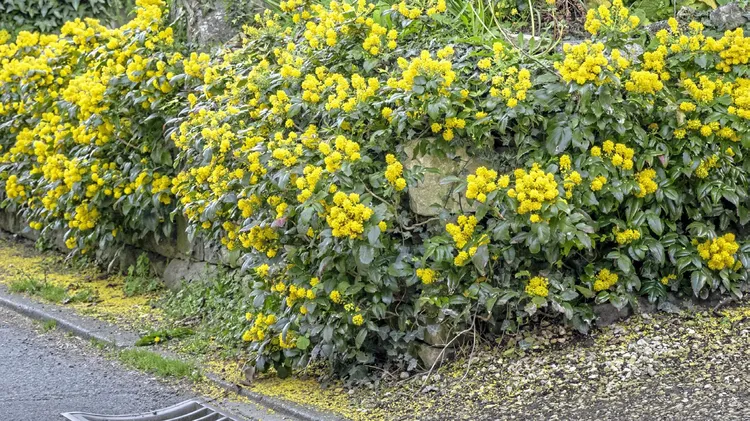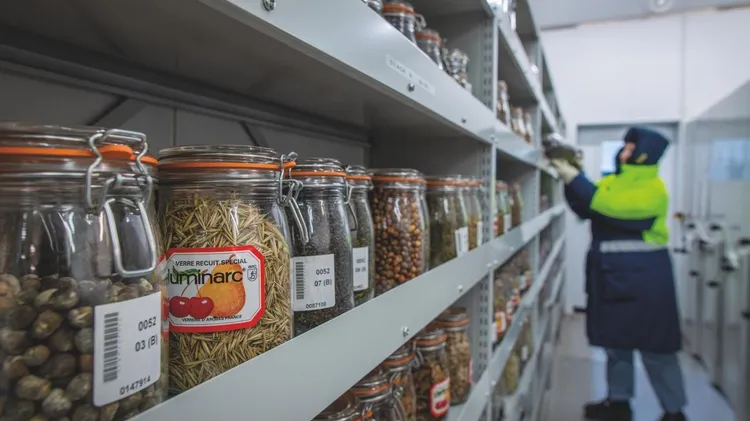Despite the harm it causes bees, a neonicotinoid
Banned pesticide given the green light again
1 min read
This article is from...
Read this article and 8000+ more magazines and newspapers on Readly






